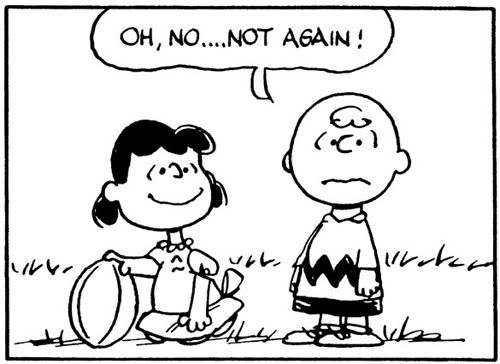 If the US economy got off to a bad start in 2011 with a 1.8% GDP annualized growth rate, the start of the second quarter looks like it might be worse. The Commerce Department reported this morning that durable goods orders fell 3.6% in April after a 4.4% increase the month before. Orders dropped across the board:
If the US economy got off to a bad start in 2011 with a 1.8% GDP annualized growth rate, the start of the second quarter looks like it might be worse. The Commerce Department reported this morning that durable goods orders fell 3.6% in April after a 4.4% increase the month before. Orders dropped across the board:New orders for manufactured durable goods in April decreased $7.1 billion or 3.6 percent to $189.9 billion, the U.S. Census Bureau announced today. This decrease, down two of the last three months, followed a 4.4 percent March increase. Excluding transportation, new orders decreased 1.5 percent. Excluding defense, new orders decreased 3.6 percent. Transportation equipment, also down two of the last three months, had the largest decrease, $4.9 billion or 9.5 percent to $46.7 billion.
Even with this sharp drop in orders, inventories continued to expand, and have now reached record highs:
Inventories of manufactured durable goods in April, up sixteen consecutive months, increased $3.2 billion or 0.9 percent to $350.5 billion. This was at the highest level since the series was first published on a NAICS basis in 1992 and followed a 1.7 percent March increase. Transportation equipment, also up sixteen consecutive months, had the largest increase, $1.0 billion or 1.0 percent to $106.1 billion. This was also at the highest level since the series was first published on a NAICS basis in 1992 and followed a 2.4 percent March increase.
Bulging inventories mean that goods arent moving. Until inventories begin to decline, orders will continue to fall as sellers run out of cash to buy more goods. We will soon start to see sharp discounting to get rid of inventories, which means narrower profits and less capital for future growth.
The decrease in capital goods was even more dramatic, at 7.3% in the non-defense market. That points to a significant decrease in business investment, which would indicate that the private sector has turned bearish on the weak recovery from the Great Recession. If so, the tax break given to businesses as part of the deal made between the White House and Congress in December that allowed businesses to take a 100% write-off on FY2011 capital investment appears to have already run its course. Thats bad news for the Obama administration, which had hoped to ride a rising economic wave to a second term in office for Barack Obama.
